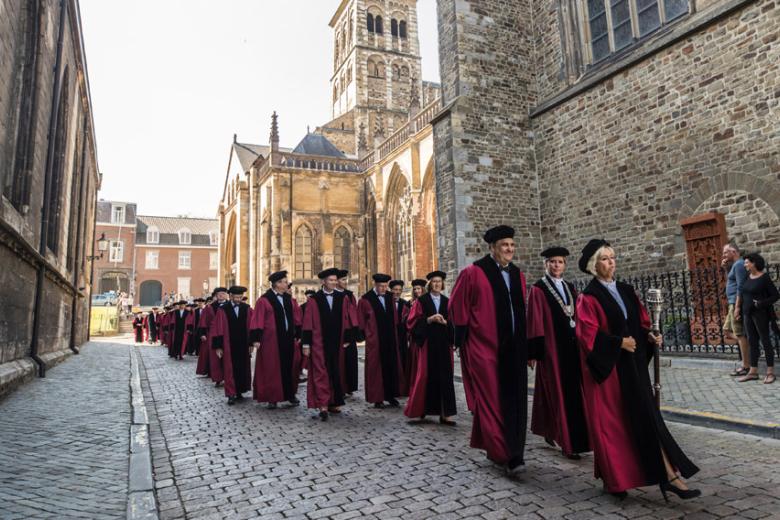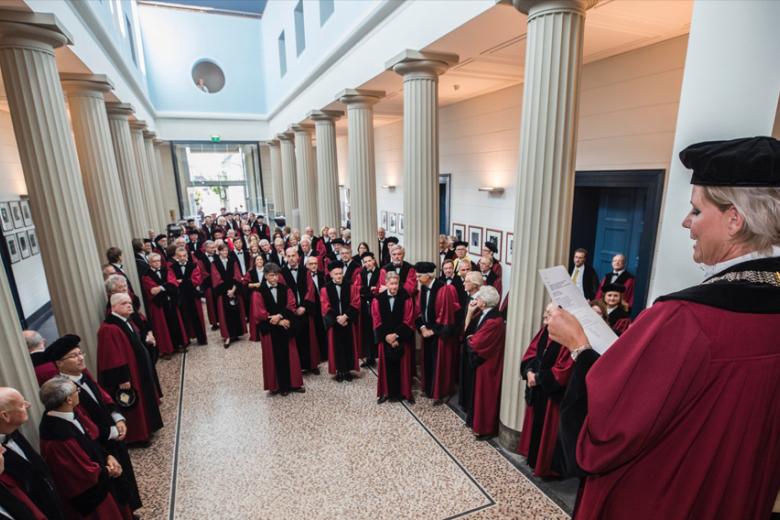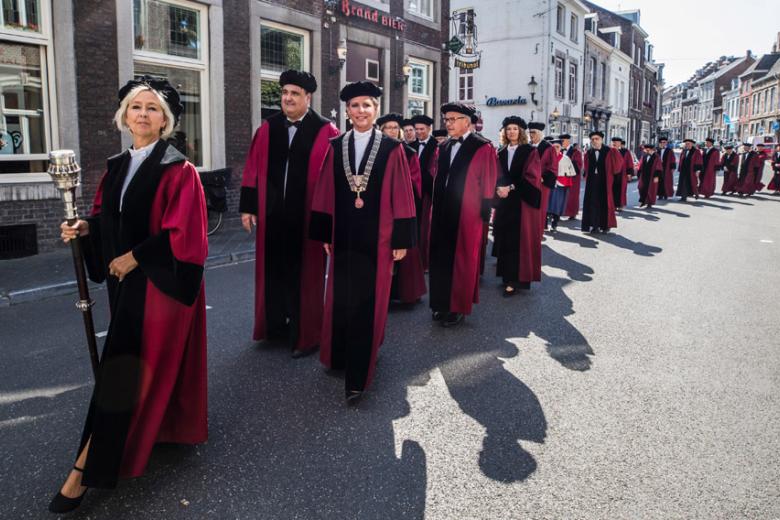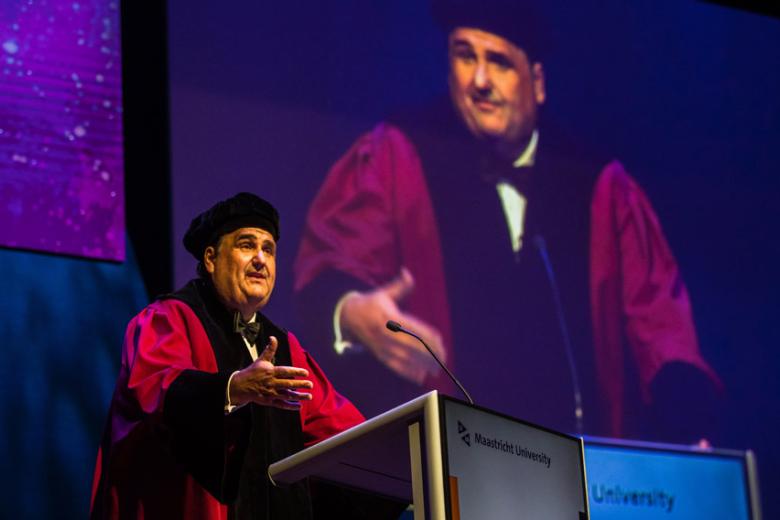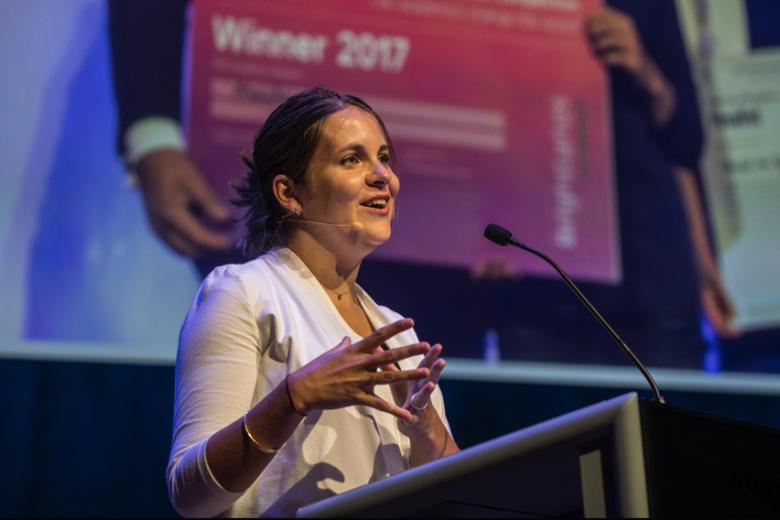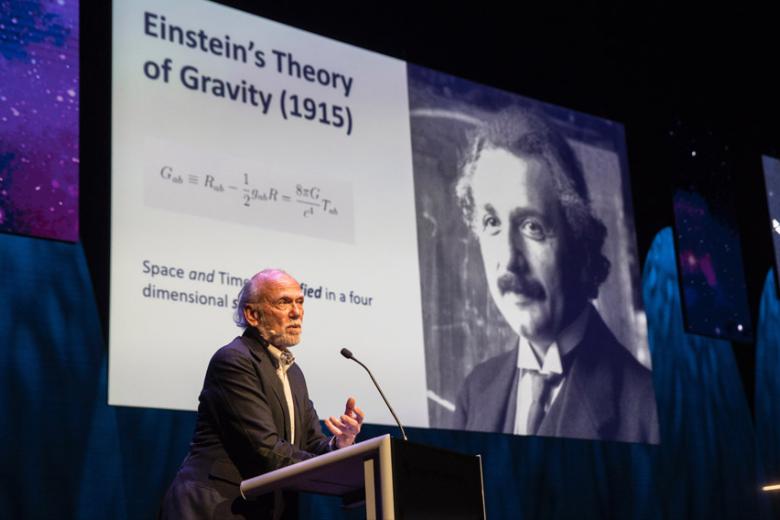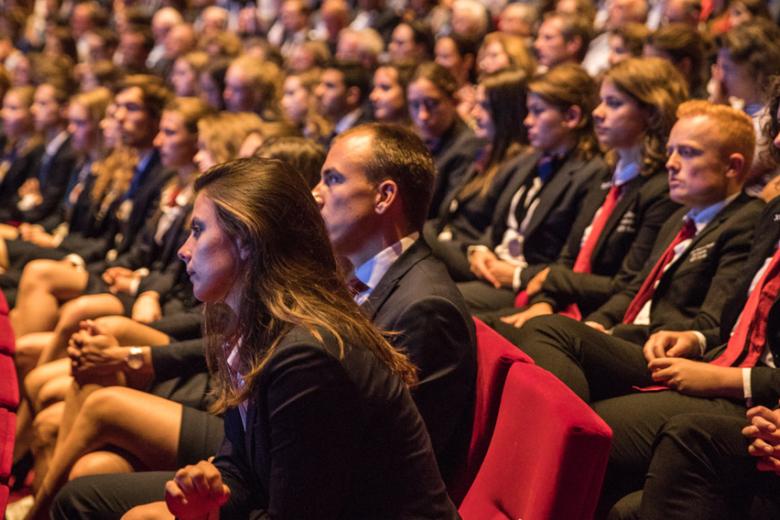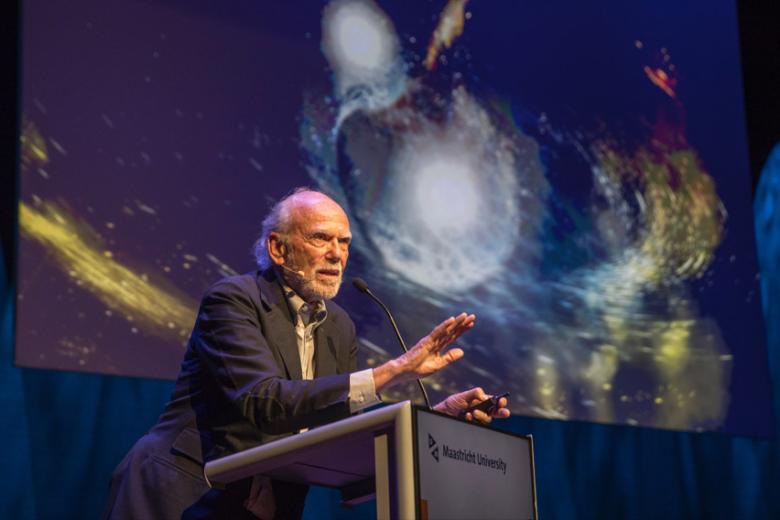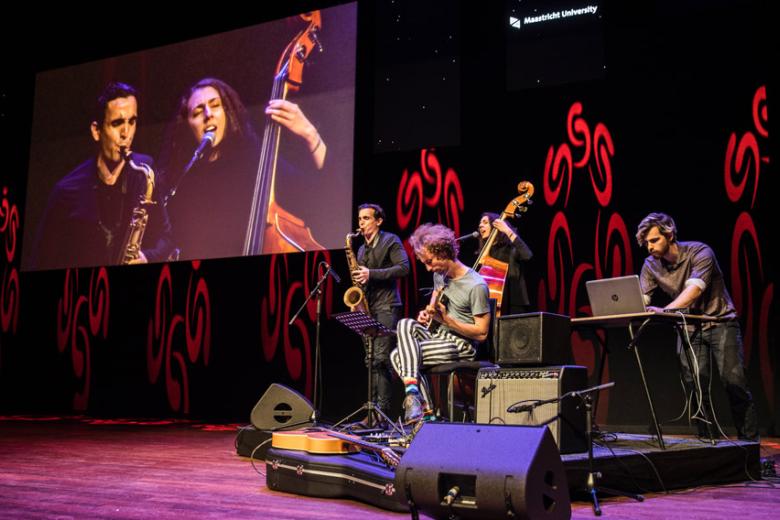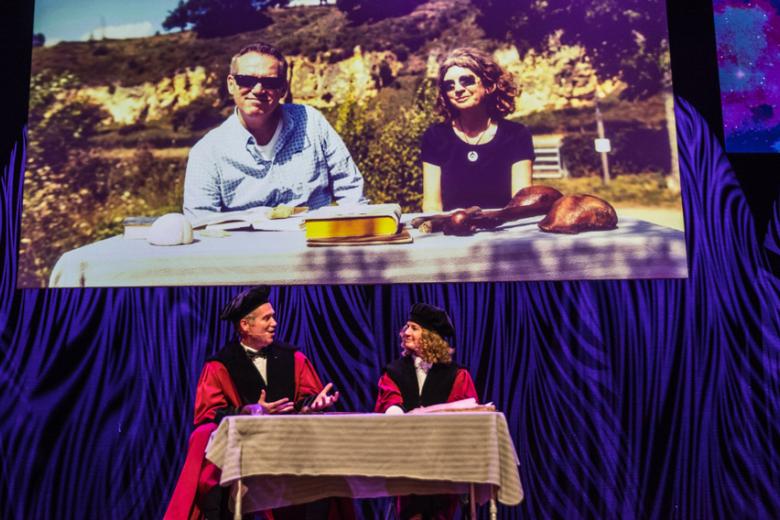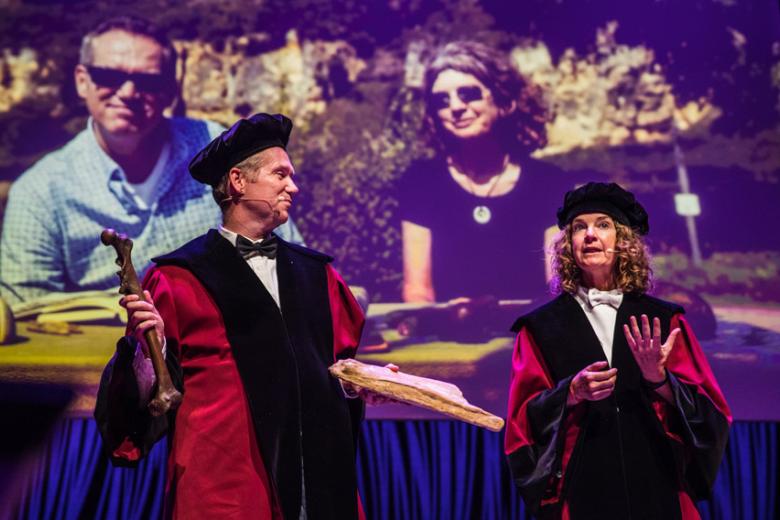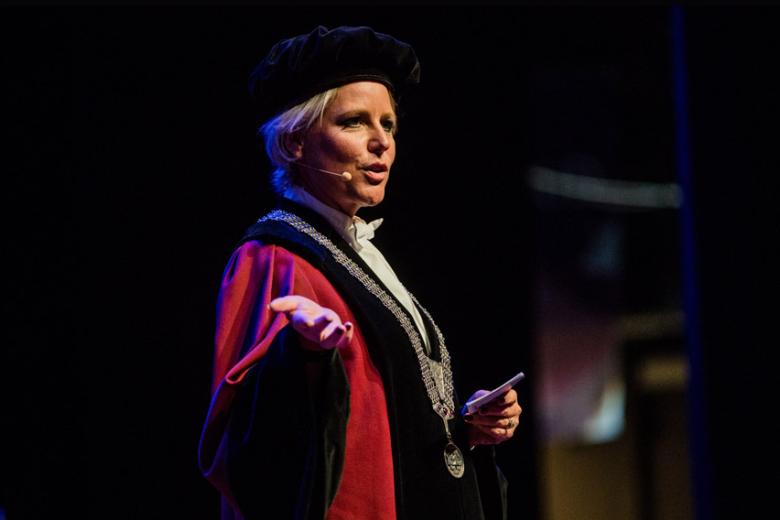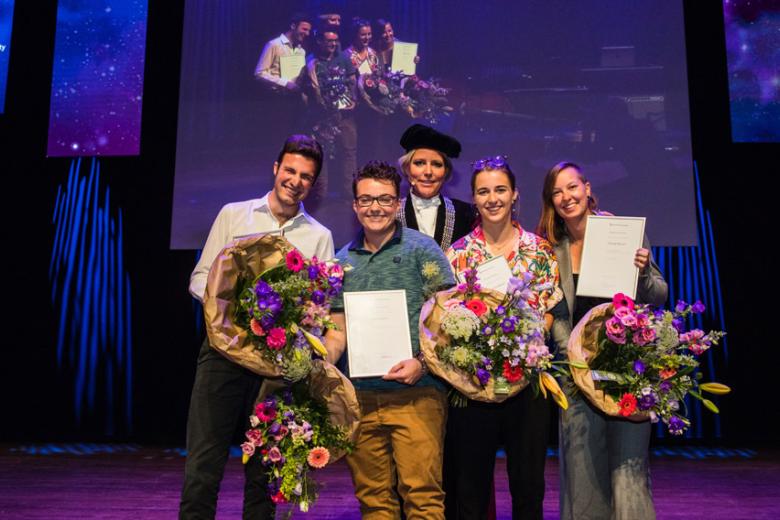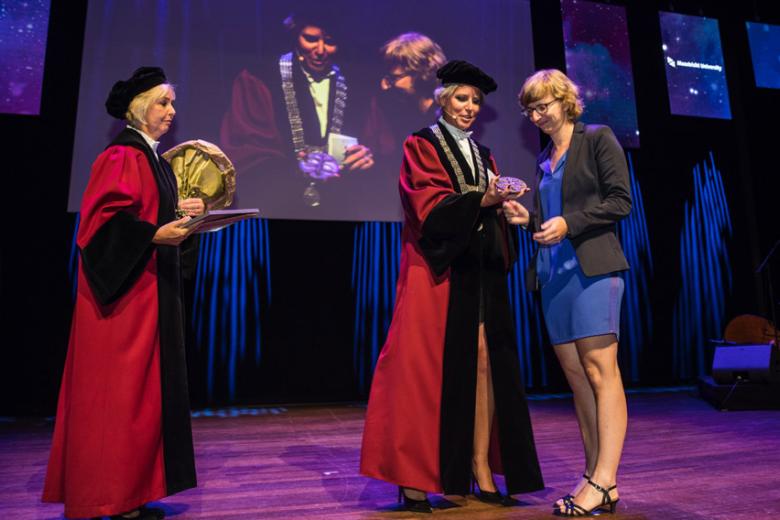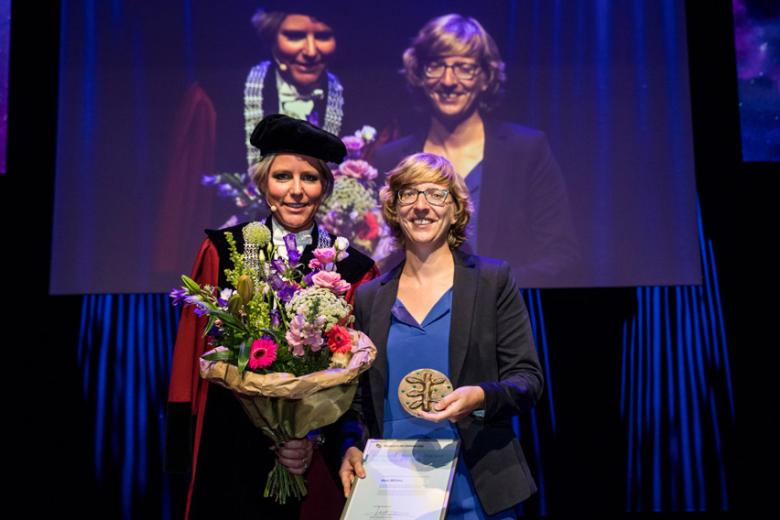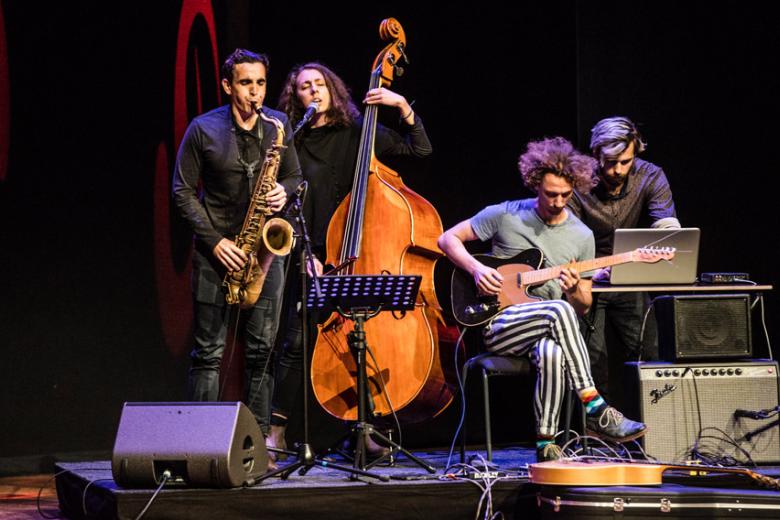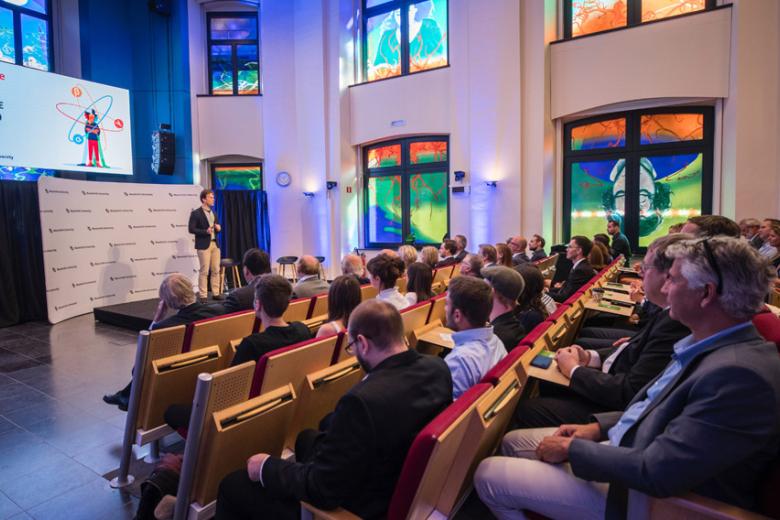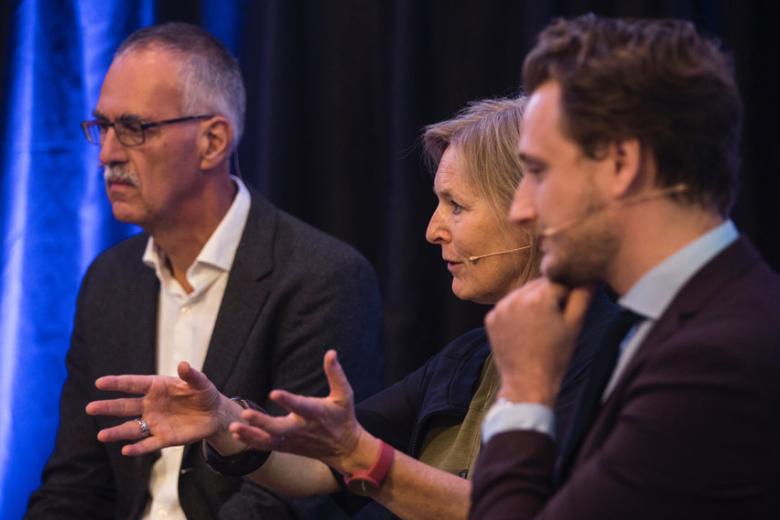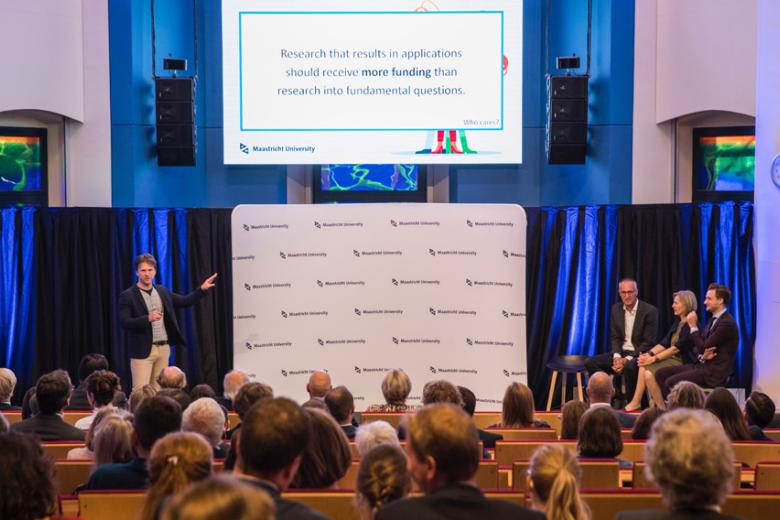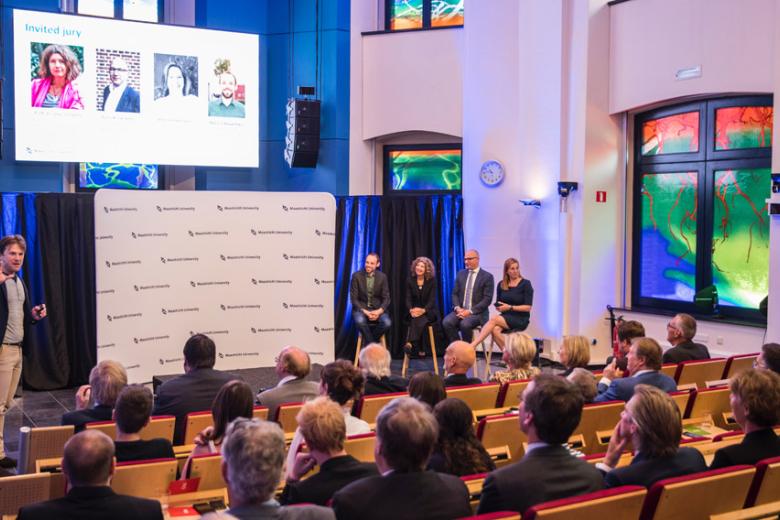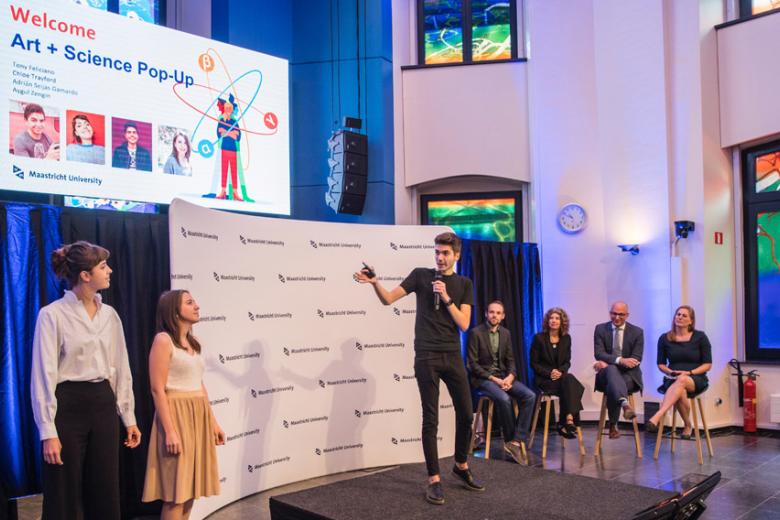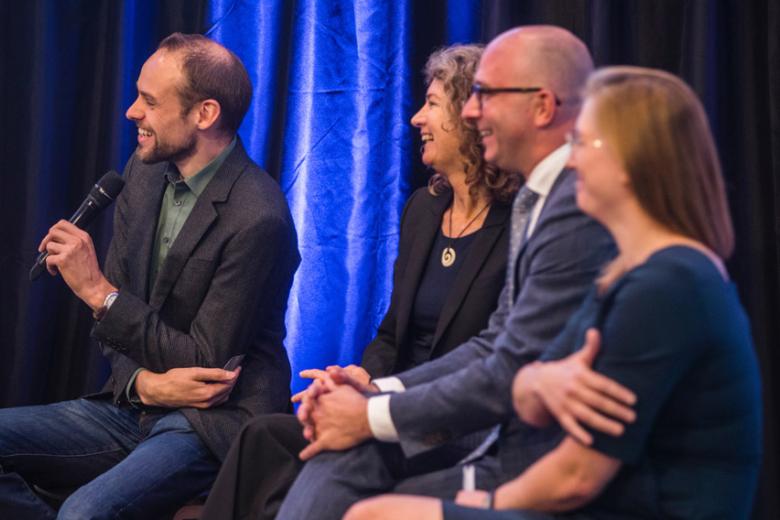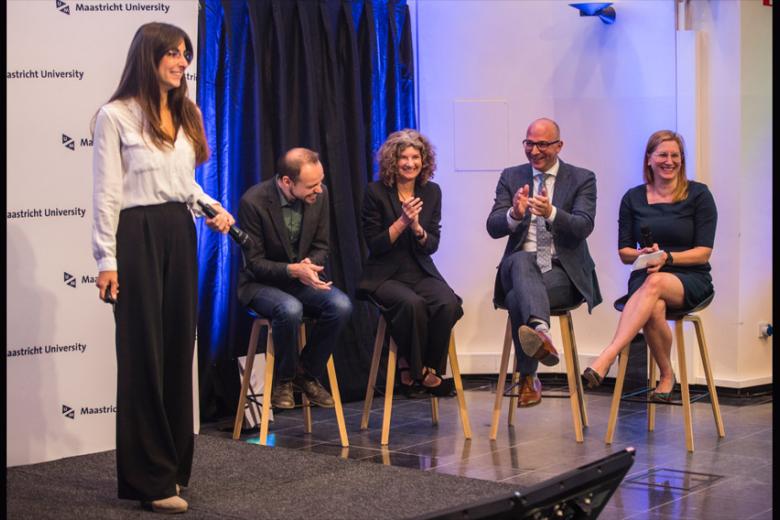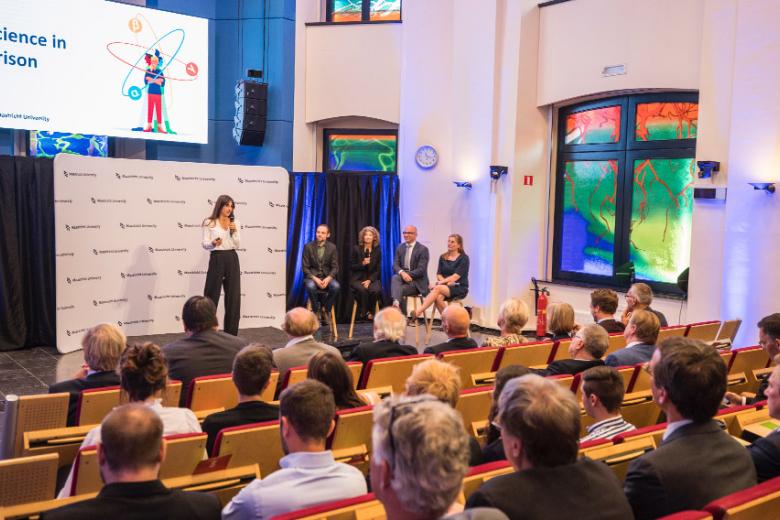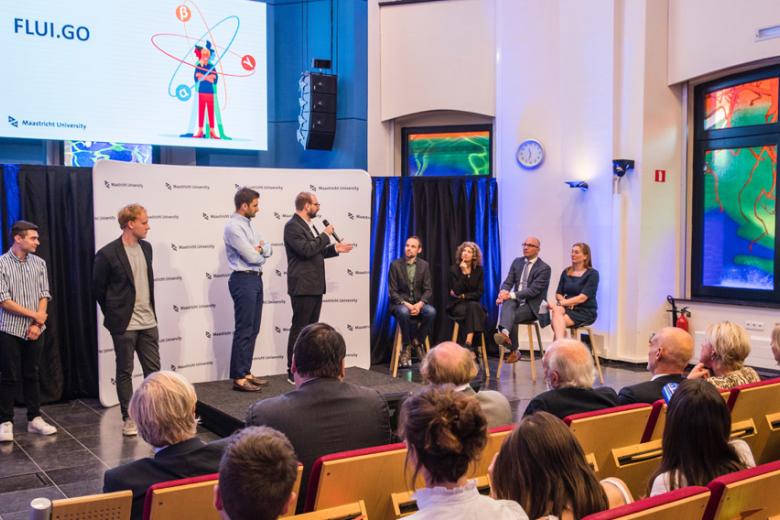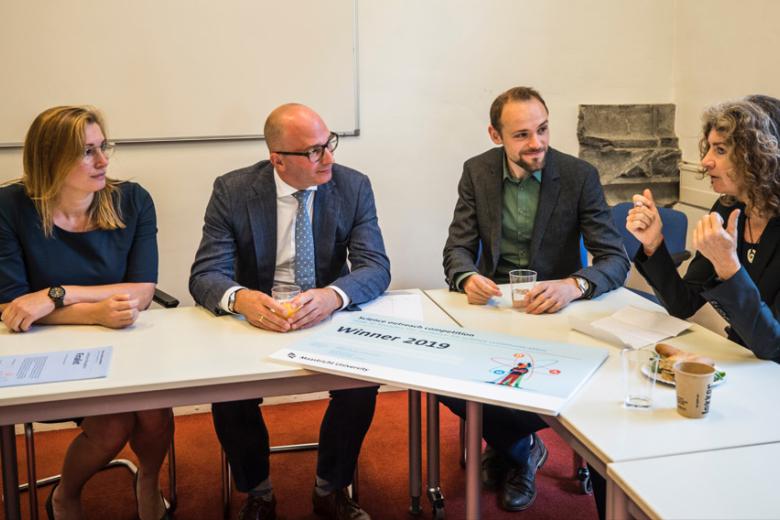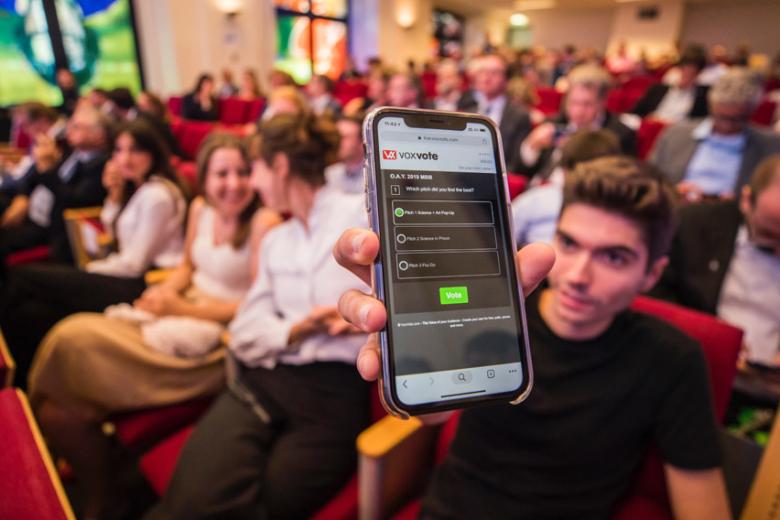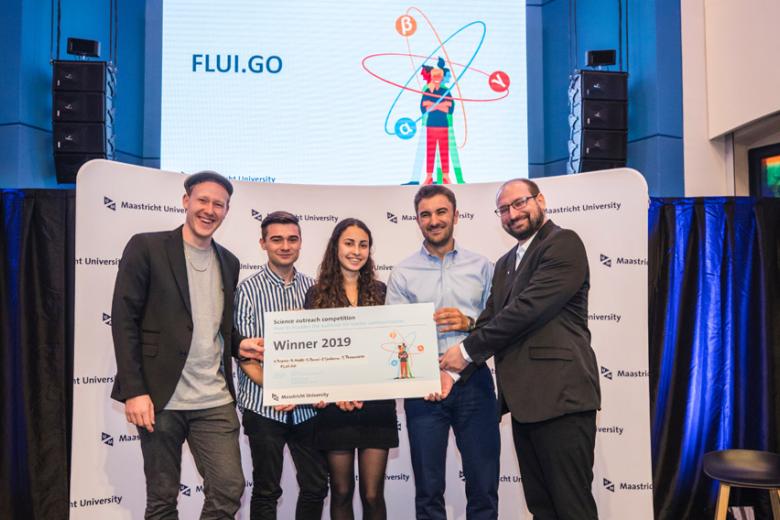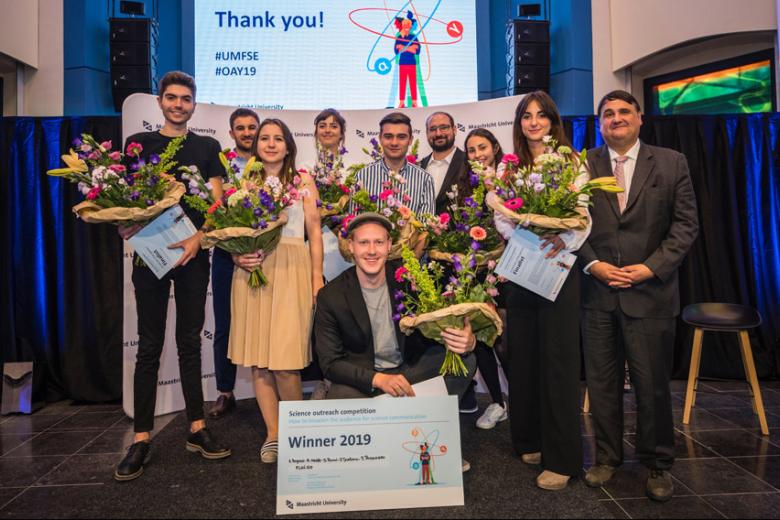Selected publications
Varol, T.; Schneider, F.; Mesters, I.; Ruiter, R.A.; Kok, G.; Ten Hoor, G.A. (2022). A safe return to campus in times of COVID-19: A survey study among university personnel to inform decision makers. Vaccines, 10, 371. https://doi.org/10.3390/vaccines10030371
Kwasnicka, D., ten Hoor, G.A. et al. (2021) Promoting scientific integrity through open science in health psychology: results of the Synergy Expert Meeting of the European health psychology society, Health Psychology Review, 15:3, 333-349, https://doi.org/10.1080/17437199.2020.1844037
Concari, A., Kok, G. & Martens, P. (2020). A systematic literature review of concepts and factors related to pro-environmental consumer behaviour in relation to waste management through an interdisciplinary approach. Sustainability, 12, 4452. https://doi.org/10.3390/su12114452
Fernandez, M.E., ten Hoor, G.A , van Lieshout, S., Rodriguez, S.A., Biedas, R.S., Parcel, G., Ruiter, R.A.C., Markham, C.M. & Kok, G. (2019). Implementation Mapping: using Intervention Mapping to develop implementation strategies. Frontiers in Public Health 7:158. https://doi.org/10.3389/fpubh.2019.00158
Kok, G., Peters, G-J.Y. Peters, Kessels, L.T.E., Ten Hoor, G.A. & Ruiter, R.A.C. (2018). Ignoring theory and misinterpreting evidence: the false belief in fear appeals. Health Psychology Review, 12(2), 111-125. https://doi.org/10.1080/08870446.2015.1070158
Kok, G., Peters, L.W.H. & Ruiter, R.A.C. (2017). Planning theory- and evidence-based behavior change interventions: a conceptual review of the Intervention Mapping protocol. Psicologia: Reflexão e Crítica, 30, 19. https://doi.org/10.1186/s41155-017-0072-x
Bartholomew, L. K., Markham, C. M., Ruiter, R. A. C., Fernàndez, M. E., Kok, G., & Parcel, G. S. (2016). Planning health promotion programs: An Intervention Mapping approach, 4th edition. Hoboken, NJ: Wiley. ISBN-13: 978-1119035497
Kok, G., Gottlieb, N. H., Peters, G.-J. Y., Mullen, P. D., Parcel, G. S., Ruiter, R. A. C., Fernández, M. E., Markham, C., & Bartholomew, L. K. (2015). A Taxonomy of behavior change methods; an Intervention Mapping approach. Health Psychology Review. DOI:10.1080/17437199.2015.1077155
Ten Hoor, G.A., Plasqui, G., Ruiter, R.A.C., Kremers, S.P.J., Schols A. & Kok, G., 2015. A new direction in Psychology and Health: Resistance exercise training for obese children and adolescents. Psychology & Health, 1-8. DOI:10.1080/08870446.2015.1070158
Kok, G., Gurabardhi, Z., Gottlieb, N.H. & Zijlstra F.R.H., 2015. Influencing organizations to promote health: Applying stakeholder theory. Health Education & Behavior, 42(1S) 123S–132S. DOI: 10.1177/1090198115571363
Kok, G., Bartholomew, L.K., Parcel, G.S., Gottlieb, N.H. & Fernandez, M.E., 2014. Finding theory- and evidence-based alternatives to fear appeals: Intervention Mapping. International Journal of Psychology, DOI: 10.1002/ijop.12001
Ruiter, R. A., Kessels, L. T., Peters, G. J. Y., & Kok, G., 2014. Sixty years of fear appeal research: Current state of the evidence. International Journal of Psychology, 49 (2), 63-70. DOI: 10.1002/ijop.12042
Peters, G.J.Y., Ruiter, R.A.C., & Kok, G., 2013. Threatening communication: a critical re-analysis and a revised meta-analytic test of fear appeal theory. Health Psychology Reviews, 7:sup1, S8-S31, DOI: 10.1080/17437199.2012.703527
Mollen, S., Rimal, R.N., Ruiter, R.A.C., Kok, G., 2013. Healthy and unhealthy social norms and food selection. Findings from a field-experiment. Appetite, 65, 83–89. http://dx.doi.org/10.1016/j.appet.2013.01.020
Ruiter, R.A.C., Massar, K., Van Vugt, M. & Kok, G., 2013. Applying social psychology to understanding social problems. In: A. Golec de Zavala & A. Cichocka, Eds, Social psychology of social problems: the intergroup context, pp. 337-362. New York: Palgrave MacMillan.
Dalum, P., Paludan-Müller, G., Engholm, H. & Kok, G., 2012. A cluster randomised controlled trial of an adolescent smoking cessation intervention : Short and long-term effects. Scand J Public Health, 40, 167-176. DOI: 10.1177/1403494811435488
Feenstra, H., Ruiter, R.A.C. & Kok, G., 2012. Go Fast! Reaction time differences between adults and adolescents in evaluating risky traffic situations. Journal of Health Psychology, 17, 343-349. DOI: 10.1177/1359105311417190
Kok, G., Gottlieb, N.H., Panne, R. & Smerecnik, C., 2012. Methods for environmental change; an exploratory study. BMC Public Health, 12:1037 http://www.biomedcentral.com/1471-2458/12/1037
Bartholomew, L. K., Parcel, G. S., Kok, G., Gottlieb, N. H., & Fernández, M.E., 2011. Planning health promotion programs; an Intervention Mapping approach, 3rdEd. San Francisco, CA: Jossey-Bass.
van Nieuw-Amerongen, M.E., Kremers, S.P.J., de Vries, N.K. & Kok, G., 2011. The use of prompts, increased accessibility, visibility and aesthetics of the stairwell to promote stair use in a university building. Environment and Behavior, 43(1),131-139.
De Bruin, M., Viechtbauer, W., Schaalma, H.P., Kok, G. Abraham, C. & Hospers, H.J., 2010. Standard care impact on effects of highly active antiretroviral therapy adherence interventions; a meta-analysis of randomized controlled trials. Archives of Internal Medicine, 170, 240-250.
Kok, G., Jonkers, R., Gelissen, R., Meertens, R., Schaalma, H.P. and de Zwart, O., 2010. Behavioral intentions in response to an influenza pandemic. BMC Public Health, 10: 174, doi:10.1186/1471-2458-10-174
Peters, L.H.W., Kok, G., Ten Dam, G.T.M., Buijs, G.J. & Paulussen, T.G.W.M., 2009. Effective elements of school health promotion across behavioral domains: A systematic review of reviews. BMC Public Health, 9: 182. doi:10.1186/1471-2458-9-182.
Schaalma, H. & Kok, G., 2009. Decoding health education interventions: The times are a-changin' . Psychology & Health, 24, 5-9.
Kok, G., Gottlieb, N.H., Commers. M. & Smerecnik, C., 2008. The ecological approach in health promotion programs; A decade later. American Journal of Health Promotion, 22, 437-442.
Kok, G., Hospers, H.J., Harterink, P. & De Zwart, O., 2007. Social-cognitive determinants of HIV risk-taking intentions among men who date men through the Internet. Aids Care, 19, 410-417.
Kok, G., Harterink, P., Vriens, P., De Zwart, O. & Hospers, H.J., 2006. The Gay Cruise: Developing theory- and evidence-based Internet HIV-prevention. Sexuality Research and Social Policy: Journal of NSRC, 3, 52-67.
Kools, M., van de Wiel, M., Ruiter, R., Crüts, A. & Kok, G., 2006. The effect of graphic organizers on subjective and objective comprehension of a health education text. Health Education & Behavior, 33, 760-772.
Hospers, H.J., Harterink, P., Kok, G. & de Zwart, O., 2005. A new meeting place: chatting on the Internet, e-dating and sexual risk behavior among Dutch men who have sex with men. AIDS, 19, 1097-1101.
Egmond, C., Jonkers, R. & Kok, G., 2005. A strategy to encourage housing associations to invest in energy conservation. Energy Policy, 33, 2374-2385 .
Schaalma, H.P., Abraham, C., Gillmore, M.R., & Kok, G., 2004. Sex education as health promotion: What does it take? Archives of Sexual Behavior, 33, 259-269.
Kok, G., Schaalma H.P., Ruiter R.A.C., Brug, J. & van Empelen, P, 2004. Intervention Mapping: A protocol for applying health psychology theory to prevention programmes. Journal of Health Psychology, 9, 85-98.
Van Empelen, P., Kok, G., Van Kesteren, N., Van den Borne, B., Bos, A. & Schaalma, H.P., 2003. Effective methods to change sex-risk among drug users: a review of psychosocial interventions. Social Science and Medicine, 57, 1593-1608.
Ruiter, R.A.C., Abraham, Ch. & Kok, G., 2001. Scary warnings and rational precautions: A review of the psychology of fear appeals. Psychology & Health, 16, 613-630.
Hospers, H.J., Debets, W., Ross, M.W. & Kok, G., 1999. Evaluation of an HIV prevention intervention for men who have sex with men at cruising areas in the Netherlands. Aids and Behavior, 3, 359-366.
Brug, J., Glanz, K., Van Assema, P., Kok, G. & Van Breukelen, G., 1998. The impact of computer-tailored feedback and iterative feedback on fat, fruit and vegetables intake. Health Education & Behavior, 25, 517-531.
Kok, G., Van den Borne, B. & Mullen, P.D., 1997. Effectiveness of health education and health promotion: meta-analyses of effect studies and determinants of effectiveness. Patient Education and Counseling, 30, 19-27.
Godin, G. & Kok, G., 1996. The Theory of Planned Behavior: A review of its applications to health-related problems. American Journal of Health Promotion, 11, 87-98.




